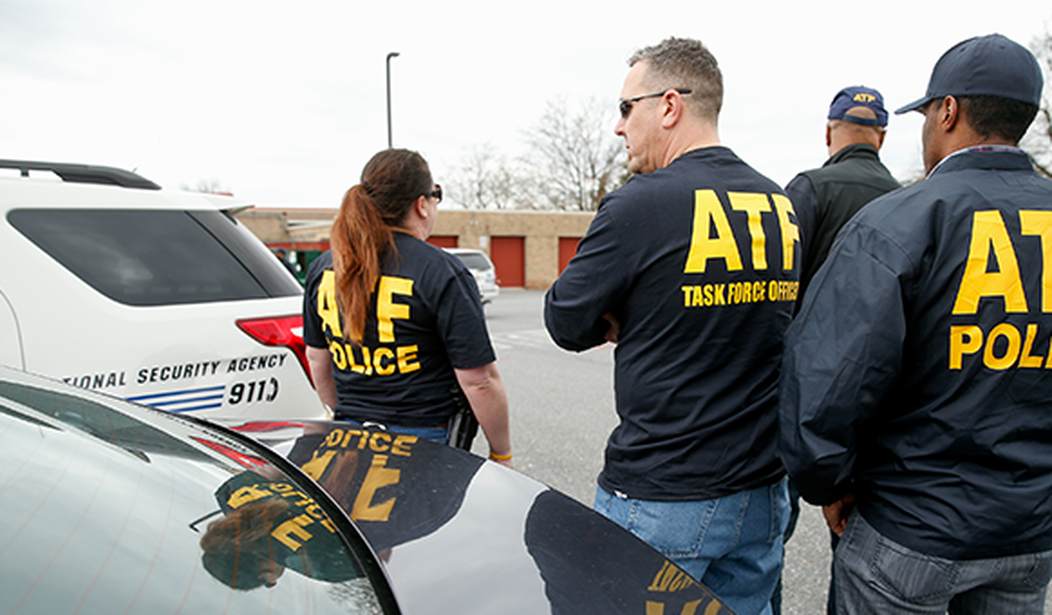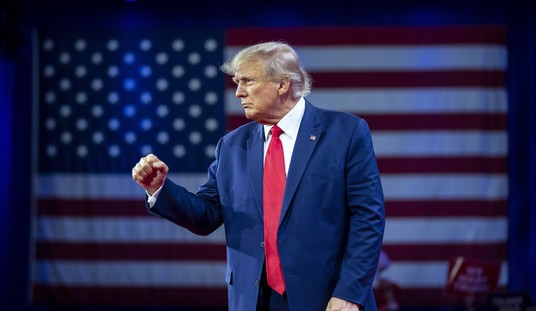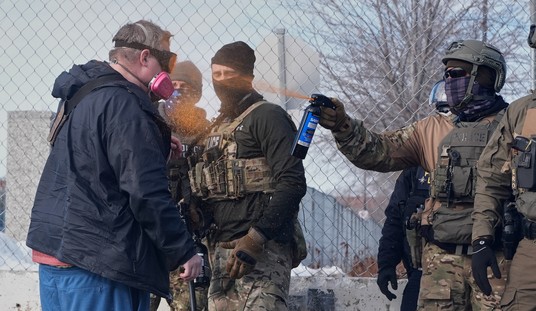Though the end of the Biden administration's "zero tolerance" approach to federal firearms licensees was announced a few weeks ago, it took some time for the Bureau of Alcohol, Tobacco, Firearms, and Explosives to come up with a new national policy for compliance inspections of FFLs.
That policy was officially unveiled on Friday, with the agency declaring that the new guidelines for both FFLs and ATF agents will "promote fairness, consistency, and public safety."
The policy replaces the 2021 Enhanced Regulatory Enforcement policy, also known as the "zero-tolerance" policy. It directs industry operations investigators to consider all circumstances of an inspection rather than applying automatic outcomes, ensuring ATF uses its regulatory authority fairly and effectively.
“This update is about getting it right and making sure we’re focused on public safety,” ATF Acting Director Daniel Driscoll said. “Under the previous policy, some licensees were being penalized for simple mistakes such as, forgetting to put their license number on forms. This new guidance gives our investigators the discretion to tell the difference between an honest mistake and a real threat to public safety. Law-abiding dealers deserve a system that treats them fairly, not like suspects. They are our partners and the first line of defense in our efforts to combat firearms trafficking.”
I can't imagine Driscoll's comments coming out of the mouth of former ATF Director Steve Dettelbach, who was happy to serve as Biden's attack dog on the industry. Biden himself declared the gun industry an "enemy" in his 2020 campaign, but as Driscoll says, the industry (including individual gun dealers) are an inherent part of combatting illegal gun sales and gun trafficking.
So what's actually changed? The ATF points to several major revisions from the previous policy.
- Context-driven enforcement: Serious, willful violations may lead to administrative action, while minor or clerical errors may be addressed with education or warnings.
- No automatic revocation: Removes the prior policy’s presumption of license revocation, instead considering intent, compliance history and public-safety risks.
- Stronger public-safety focus: Investigators must evaluate whether continued operations pose a public-safety threat or contribute to violent crime, and whether the licensee demonstrates the ability to comply moving forward.
- Clear legal standards and timelines: Defines key terms such as “willful” and “knowing” and establishes uniform timelines for reviews, actions and coordination.
- Support for lawful industry engagement: ATF continues early intervention and collaboration with responsible licensees, while firmly addressing repeat or serious violations.
Instead of treating every violation as a "willful" act, even if was as simple as abbreviating a county on a Form 4473, the new policy defines "willful" as "a purposeful disregard of, a plain indifference to, or a reckless disregard of a known legal obligation." In other words, inadvertent, accidental, and occasional mistakes in paperwork will no longer lead to the loss of livelihood for FFLs.
Removing the presumption that licenses should be revoked and replacing it with a policy that takes into account things like intent, a history of compliance (or non-compliance), and the risks that a violation posed to public safety is another substantive and positive move. If an FFL is turning a blind eye to straw purchases and allowing violent criminals to illegally obtain a firearm, that's a threat to public safety. Forgetting to put their license number on a form, on the other hand, may cause a minor headache for a government bureaucrat, but it's not going to make the country a more dangerous place. Under the Biden-era policy there was essentially no difference between those two things, but the new policy adopts a common sense approach that should be welcomed by those conducting and receiving compliance inspections.
You can read the new policy in its entirety here, and we'll have reaction from both FFLs and industry representatives from the National Shooting Sports Foundation after the holiday, which will give them time to go over the policy with a fine-toothed comb. On the surface this looks like a major improvement over Biden's "zero tolerance" policy, but there could still be some pitfalls for gun dealers that need to be highlighted and addressed going forward.









Join the conversation as a VIP Member